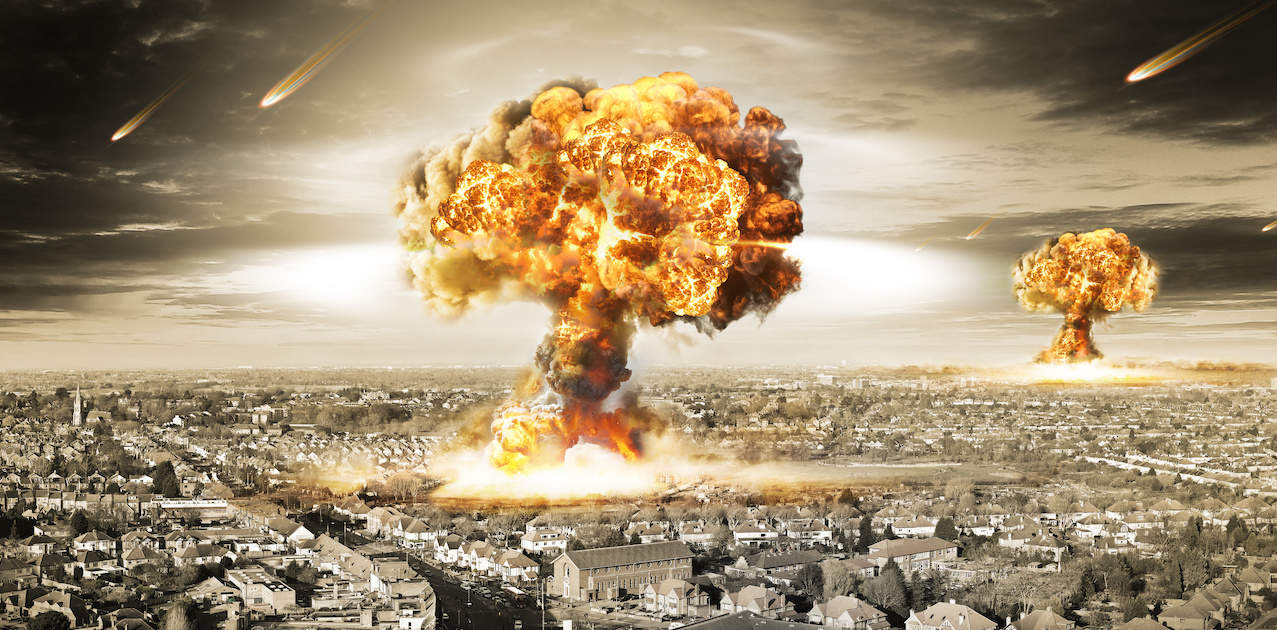Antonio Garcia Martinez, writing for Wired:
Ultimately, nobody really cares about privacy, except media elites, under-employed Eurocrats, and zealots who’ve made it a career. Everyone else would sext you their privates for a fleeting feeling of human connection. And they do.
…
[Zuckerberg] very immodestly proposes that Facebook occupy the social nexus vacated by the disappearance of churches, unions, lodges, and other local associations that once served as core of American civil life. This resurrected public forum would be as abstract and mobile as a Facebook group, and would no longer be restricted by the pesky limits of distance or national origin.
…
Facebook is to real community as porn is to real sex: a cheap, digital knockoff for those who can’t do better. Unfortunately, in both instances use of the simulacrum fries your brain in ways that prevent you from ever experiencing the real version again. But we’ll take what we can get.
I don’t think anthropologists or historians will look back on western society or American culture and say, “Ah, the Internet was where people started becoming lonely, depressed, and sad”. Institutions like churches and other parts of civil society started collapsing around the time television was in every home, sometime around the 60’s and 70’s.
Was it television that drove us away from other people? Maybe. In Bowling Alone, Robert Putnam makes the argument television news scared the heck out of us all and made us distrustful.
I wrote in a paper recently there may be an upshot to Facebook for democracy: it serves as an antiseptic. It lets people show themselves in a way they may not have before. If they’re racist, homophobic, or genuinely a bad person, you’re likely to see it on Facebook. The medicine stings for society, but ultimately it is good for the patient.
As Martinez points out, teachers in West Virginia, Kentucky, and Oklahoma organized a teacher’s strike more effectively than unions ever have.
There are bits and pieces of the “Facebook is to porn” metaphor I agree and disagree with. I get the point, however, that Facebook serves as a weak proxy for building meaningful connections. I just think it’s unfair to blame Facebook for it. Poor community organization and construction patterns, reliance on welfare, the drug war, and a clear market demand for a moment of simple relaxation are bigger factors. If anything, Facebook (like porn) is the last thing some people have to work with.
I suspect our cultural issues surrounding health and depression come more from other cultural changes. Facebook just amplifies them a bit, letting us see what’s happening faster and close-up.
I just don’t think people can afford to be in most social organizations anymore. They cost thousands of dollars a year and require hundreds of hours of time. Ask a college graduate with a $400/mo. car payment, a government-mandated health insurance bill, hefty rents despite splitting it three ways and a car payment of $250 a month because your city is huge and you can’t plunk down $5,000 for a used car all at once to join Rotary, Kiwanis, an industry association, or go bowling for $3,000 a year and see how far that goes.

